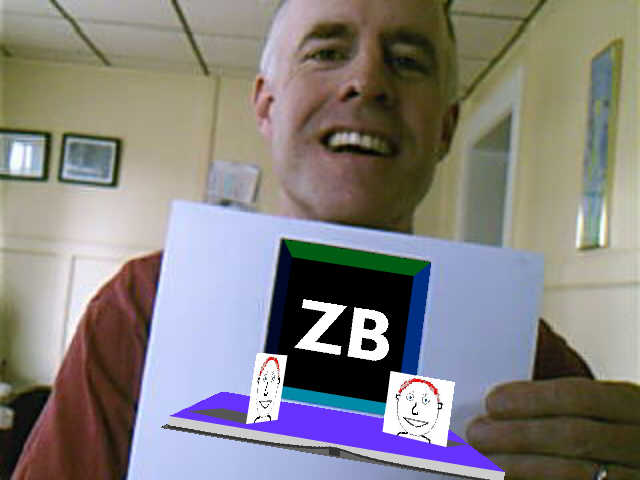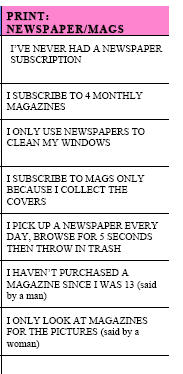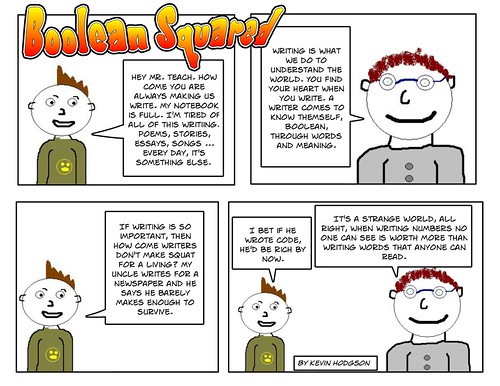Should I or shouldn’t I? That’s my question right now as I have been asked to be a teacher-leader in an upcoming New Literacies Institute being hosted by our state Department of Education. It certainly seems intriguing and it’s exciting that our state is dipping its toes into New Literacies.
The description of the week-long event, with scattered other activities throughout the year, includes:
To compete in a global information age, students must develop the ability to effectively read and comprehend information on the Internet and to use other information and communication technologies well. Reading comprehension skills such as understanding search results or critically evaluating information laden with social, commercial, and political motives are essential for any student wishing to skillfully comprehend information online for content area learning. So, too, are effective communication skills including e-mail, video, and other digital tools, as well as inquiry models for learning. This Institute will help participants enhance their own skills in these areas and develop effective instructional strategies, using online tools, to promote skill development and academic knowledge acquisition in their students.
Also, on the flier:
Teachers will:
• Develop expertise with teaching the new literacies of online reading comprehension and learning in your grade level or subject area.
• Design and produce video and new media learning products for student learning.
• Adapt innovative social networking environments for use in 21st century classrooms.
• Explore dynamic instructional models for teaching 21st century skills.
• Learn how your class can collaborate with other classrooms around the world.
• Become an instructional leader for change.
• Engage a pioneering community of teacher leaders who continue to collaborate after the Institute.
• Gain access to the latest technology and facilities of the Microsoft New England Research and Development Center in Cambridge, MA
• Have fun!
The institute will be headed by Professor Don Leu, of UCONN, who has extensive work in the field. There are guest keynote speakers (including Sara Kajder Bridget Dalton, and Yong Zhao) and the work of the 10 state-wide teacher leaders, like possibly me, will be to partner up with institute leaders and work with small groups of teachers. Sort of like a helper.
Sounds cool, eh?
BUT, my trepidation is that the Institute takes place during the very last week of our school year, meaning I would miss the last few days of school with the kids I have had all year. I would also miss our Recognition Night ceremony — our formal “good bye” to the kids. I am strugging with this because I want to be part of those events.
So, I am not sure. I am leaning towards the Institute — it’s hard to pass up — but I want to ask some colleagues what they think and get some more feedback from my principal.
Stay tuned …
Peace (in the decisions),
Kevin



